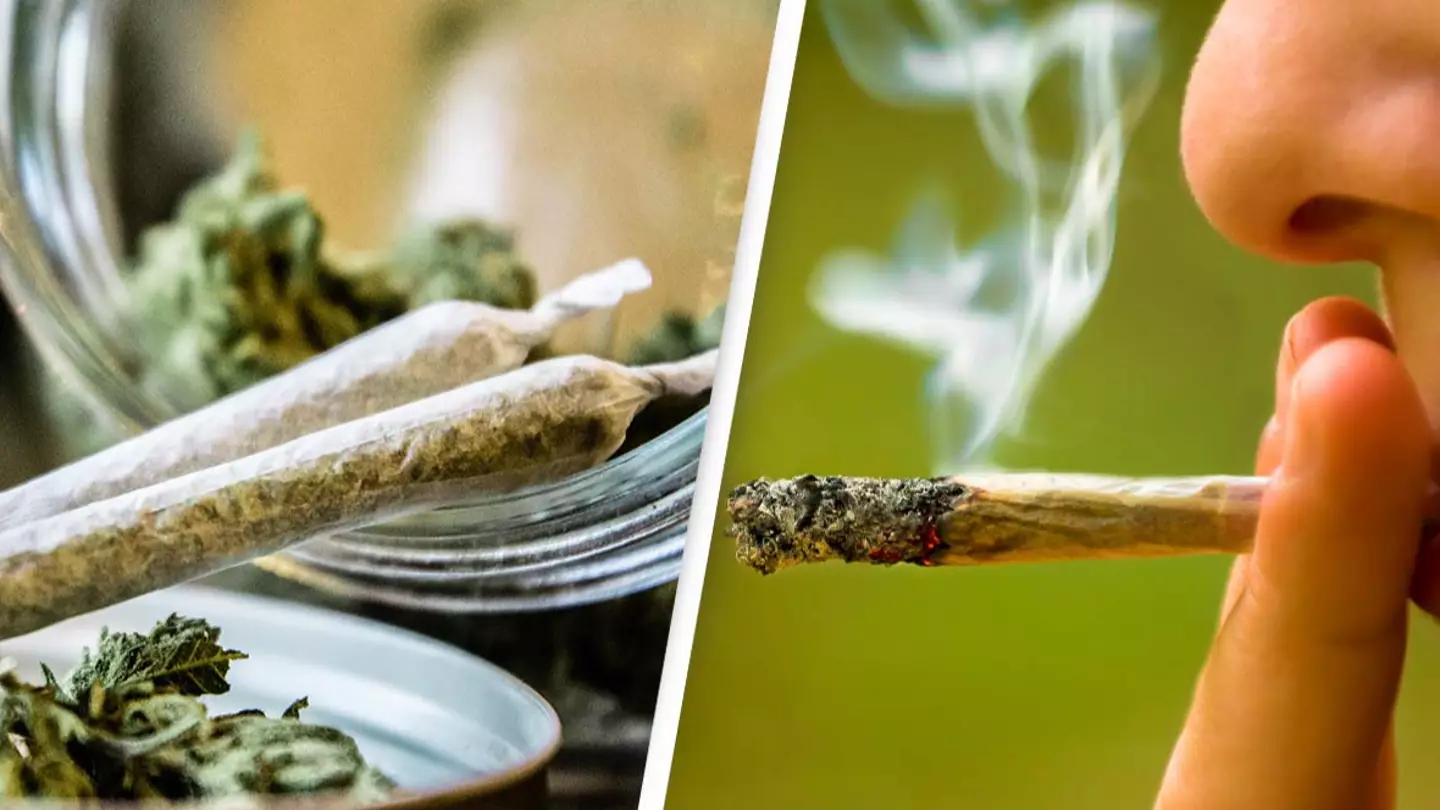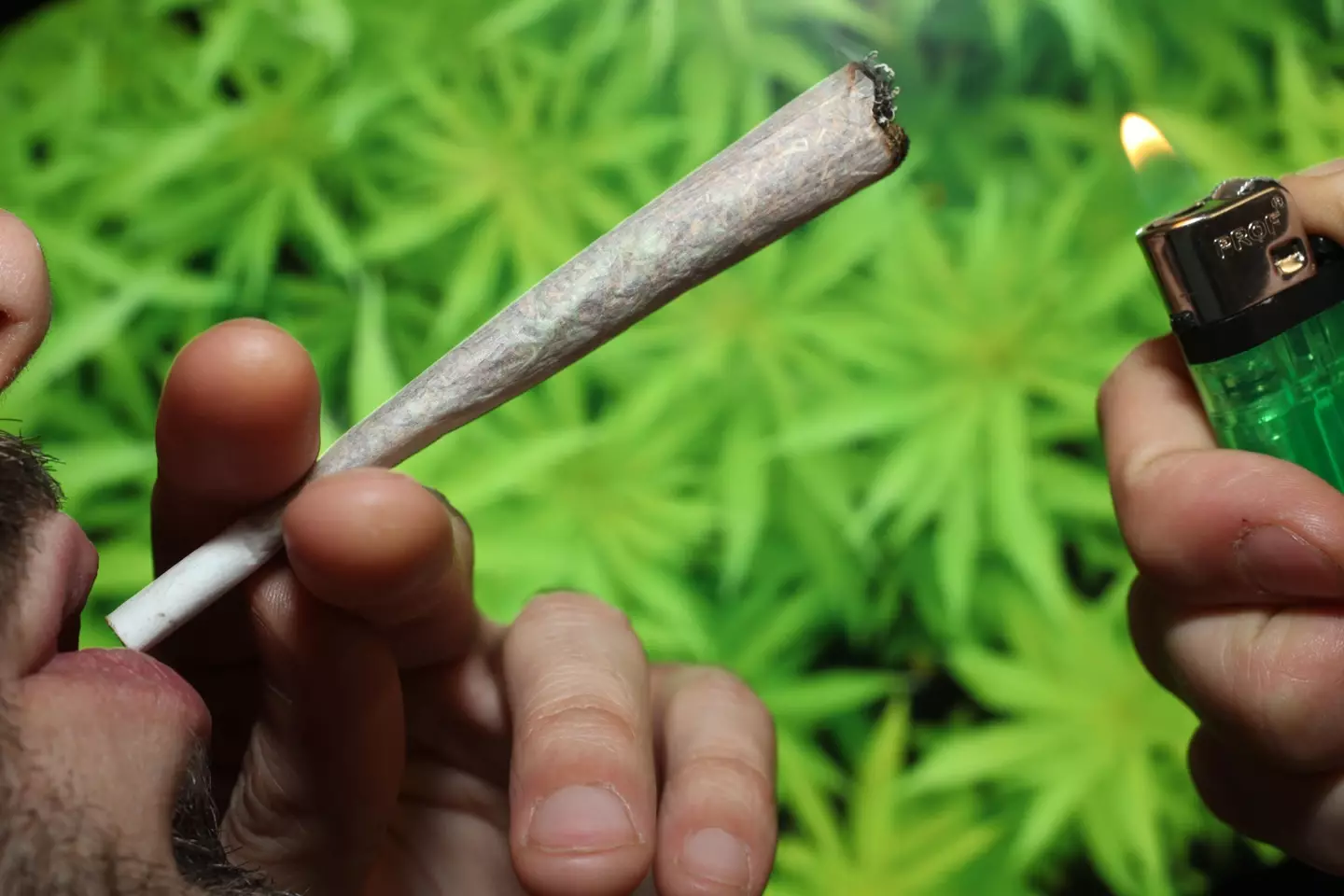
You'd expect weed lovers to be more at home chilling with a joint than filing lawsuits, yet two disappointed consumers are suing a marijuana company after complaining its products didn't get them high enough.
The men filed a lawsuit in a state court last week against the California-based marijuana company DreamFields Brands for allegedly misleading consumers about the THC content in its products.
The lawsuit, which was filed last week, alleges that DreamFields Brands committed a number of frauds including false advertising and misrepresentation when marketing its cannabis products.
Advert
Jasper Centeno of Long Beach and Blake Wilson of Fresno are arguing that they were misled about the THC content of the products - that is the psychoactive compound in marijuana that gets you high.
The plaintiffs representation, Christin Cho, said in a statement: "Consumers are willing to pay more for cannabis products with higher THC content, and expect to pay less for cannabis products with lower THC content.
"The Complaint alleges that by labelling its products with inflated THC numbers, Defendants are overcharging consumers. Plaintiffs brought this to protect California consumers to protect cannabis consumers from being overcharged."
The products in question are the DreamFields' Jeeter pre-rolls.
According to the lawsuit, one of the products which was advertised as having a THC content of 46 percent actually contained between 23 percent and 27 percent, as revealed in an independent laboratory test.

As well as the independent laboratory study, the lawsuit against DreamFields Brands cites the findings of Weed Week, which tested cannabis products to determine their respective THC levels.
Their review also found that the amount of THC present in the products was significantly lower than that which was advertised.
Centeno and Wilson said that they were overcharged for the products which they paid a 'premium price' in order to experience the effects of higher levels of THC.
It is not known exactly how much the men paid for the products, and they are suing the cannabis company for an undisclosed amount.
The Department of Cannabis Control regulates the sale of marijuana in California and determines which companies are allowed to legally sell the product and the way in which they advertise it.
The use of recreational cannabis has been legal in California since 2016, and the LA Times reports that the state has the world's largest legal marijuana market.
Medicinal use of the drug has been legal since as long ago as 1996, and California was the first state to legalise it.
UNILAD has reached out to DreamFields Brands for a comment.
